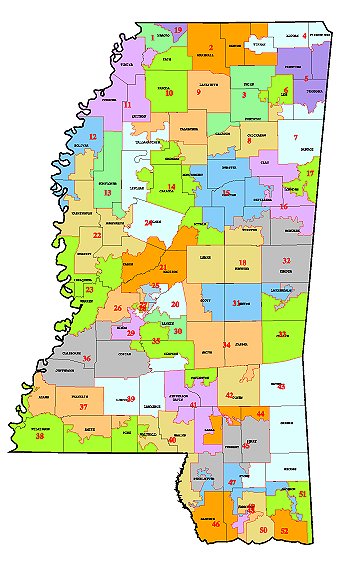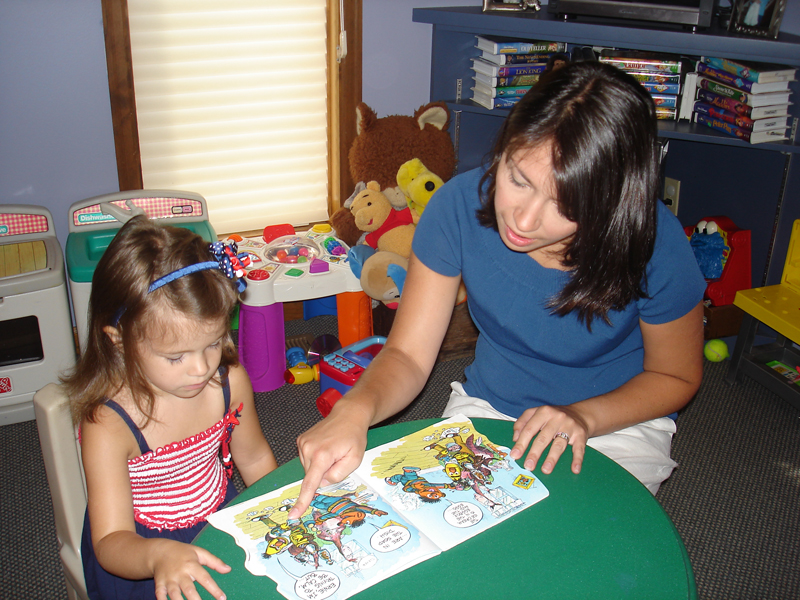Mississippi Changes Speech Therapy Licenses
The Mississippi Department of Education (MDE) has been shaking things up a little. In late June, 2012, reports began circulating that the agency will begin issuing new speech-language pathology licenses, starting in 2013. The state has been struggling to attract qualified speech therapists to its public school systems.
The 215 License
Mississippi speech-language pathologists (SLPs) had been acquiring a 215 license, which requires a graduate degree and minimum GPAs and GRE scores. However, Mississippi has long had a shortage of qualified SLPs that can meet the rigorous standards required by the 215 license. As a solution, the state began issuing emergency and interim 215 licenses to underqualified SLPs. Since then, the Mississippi Department of Education issues a yearly average of 125 to 175 emergency licenses, along with about 215 interim licenses.
The Drawbacks
The MDE realized that issuing underqualified and less-than-experienced SLPs with emergency and interim 215 licenses was not meeting the needs of the state’s speech disordered children. The emergency and interim 215 licenses have relaxed requirements, and many of those who attain these licenses do not meet the usual criteria for a 215 license. They may not have completed graduate-level coursework, nor do they have the practical, hands-on experience in working with children with speech and language issues.
The Solution
In late June of this year, the MDE announced a remedy for the situation. A task force was created to encourage the aggressive recruiting of more qualified SLPs for the master’s level 215 license. It was also recommended that current emergency and interim 215 license holders would be required to attain a certain amount of clinical experience.
A new 216 license was also announced, which is scheduled to be implemented in July of 2013. The new 216 Speech/Language Therapist license requires bachelor’s level coursework, as well as 100 hours of supervised clinical practice. Those holding a 216 license will be limited to working with children with articulation disorders, and they must provide treatment under the supervision of an SLP with a 215 license or a speech-language pathology certification.
The Potential Impact
The intended impact of the new license and the stricter requirements for the 215 license is to provide greater access to qualified SLPs within the Mississippi public school system. While more SLPs is a definite plus, children with a speech disorder other than an articulation disorder might still have a hard time getting access to a qualified SLP. The speech therapists that hold a 216 license are extremely limited as to the services that they may provide. Furthermore, the definition of “supervision” is vague. Must the certified or 215 licensed SLP work closely with the child during each session, or is she only required to be in the same room to monitor the proceedings?
Other concerns include the writing of the Individualized Education Program (IEP) and conducting meetings with parents. Training in these areas is generally provided with graduate-level coursework. A little investigative work revealed that the Mississippi Speech-Language-Hearing Association shared these concerns in a memo. They proposed that the 216 license holders must be supervised during IEP meetings and other parent meetings. However, it would be even more reassuring to see plans that the MDE has for continuing education and training opportunities for the 216 license holders. While continuing education credits are already required for licensure, the goal should be to transition 216 license holders into more qualified 215 license holders to better meet the needs of Mississippi’s speech disordered children.





